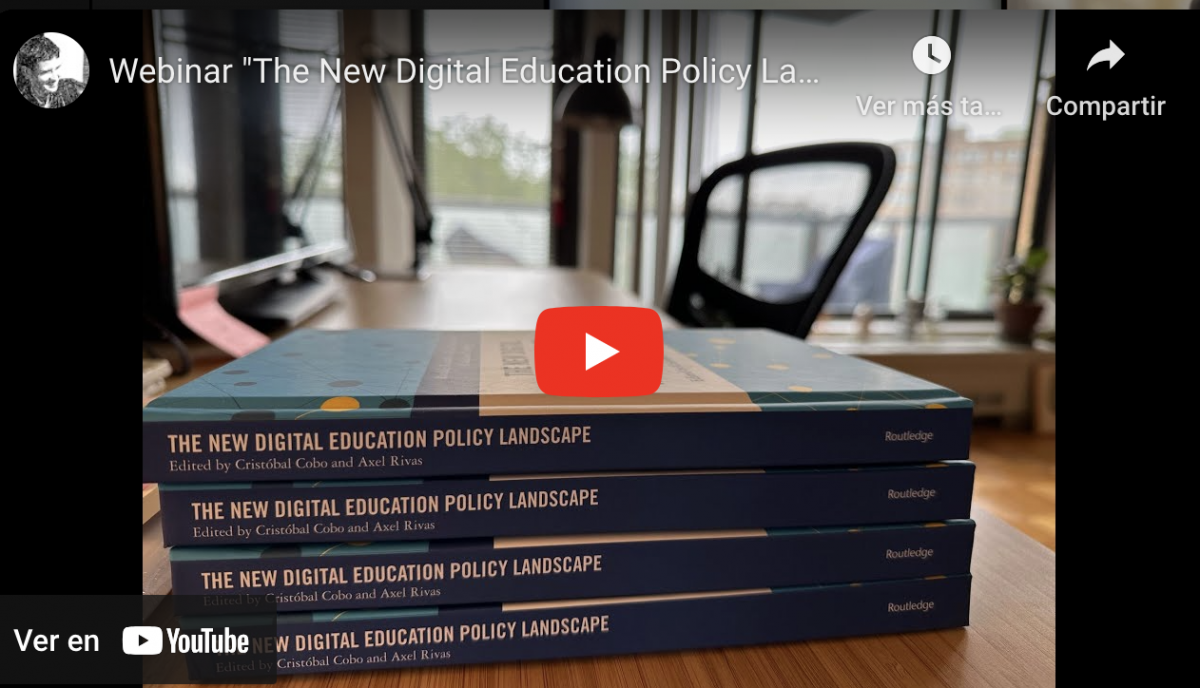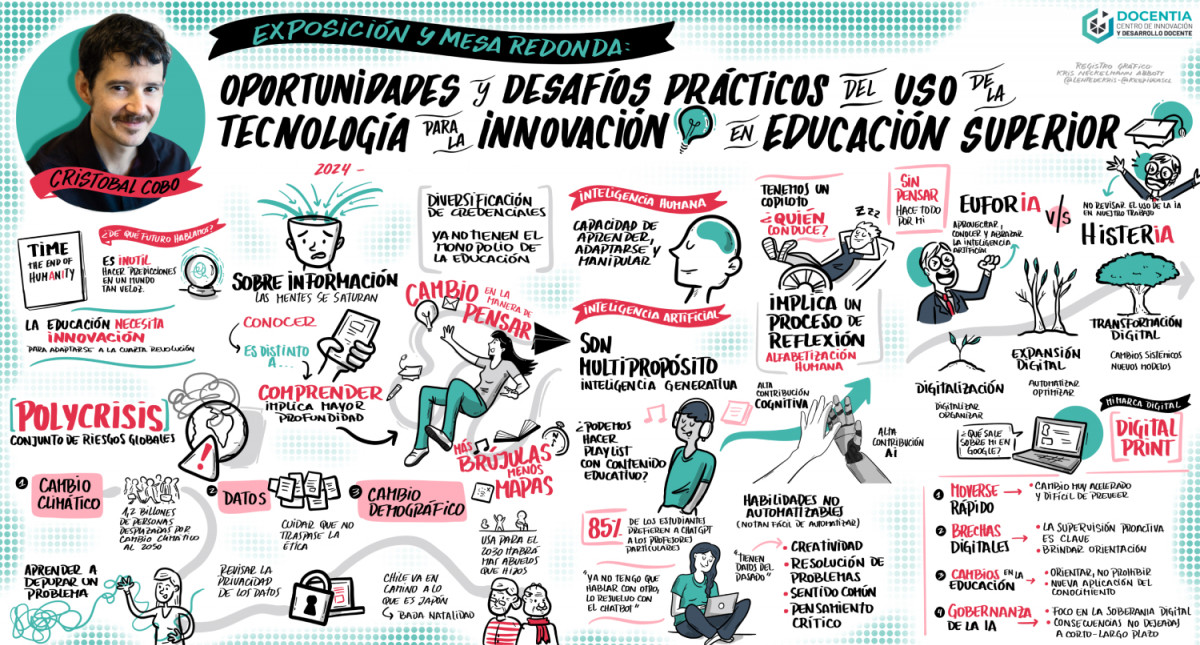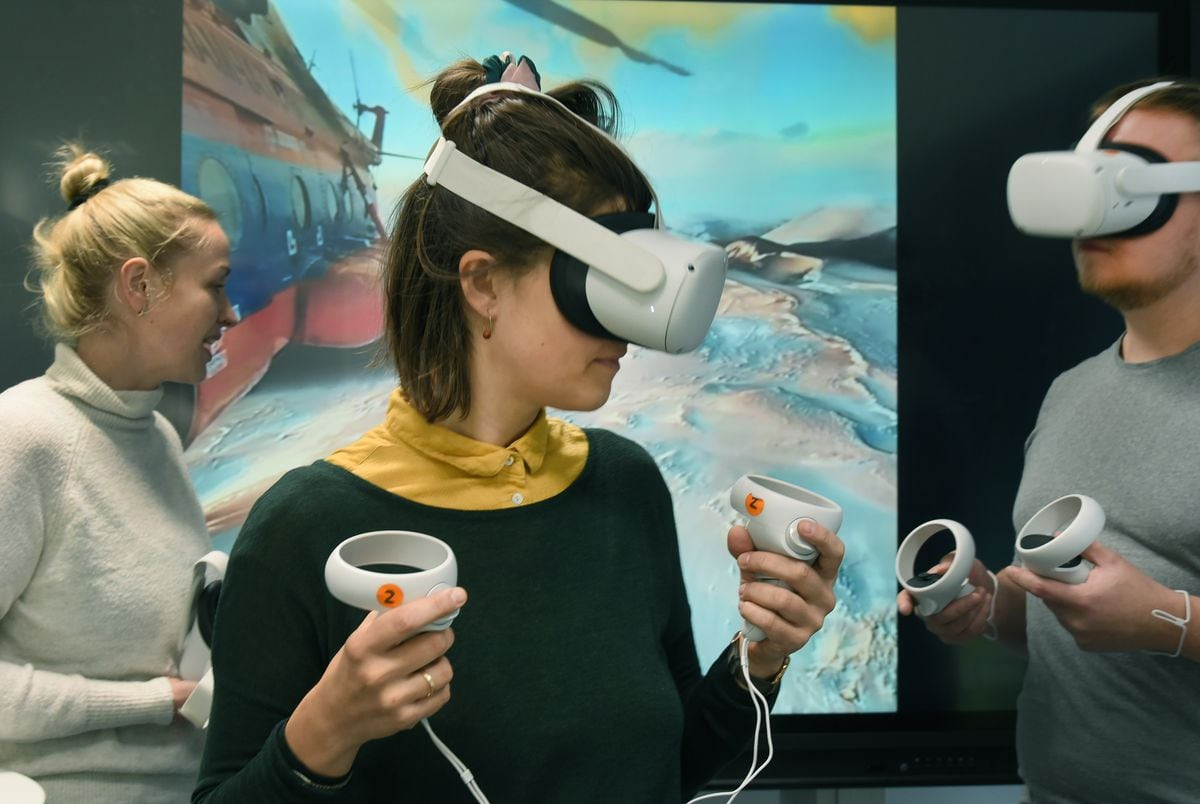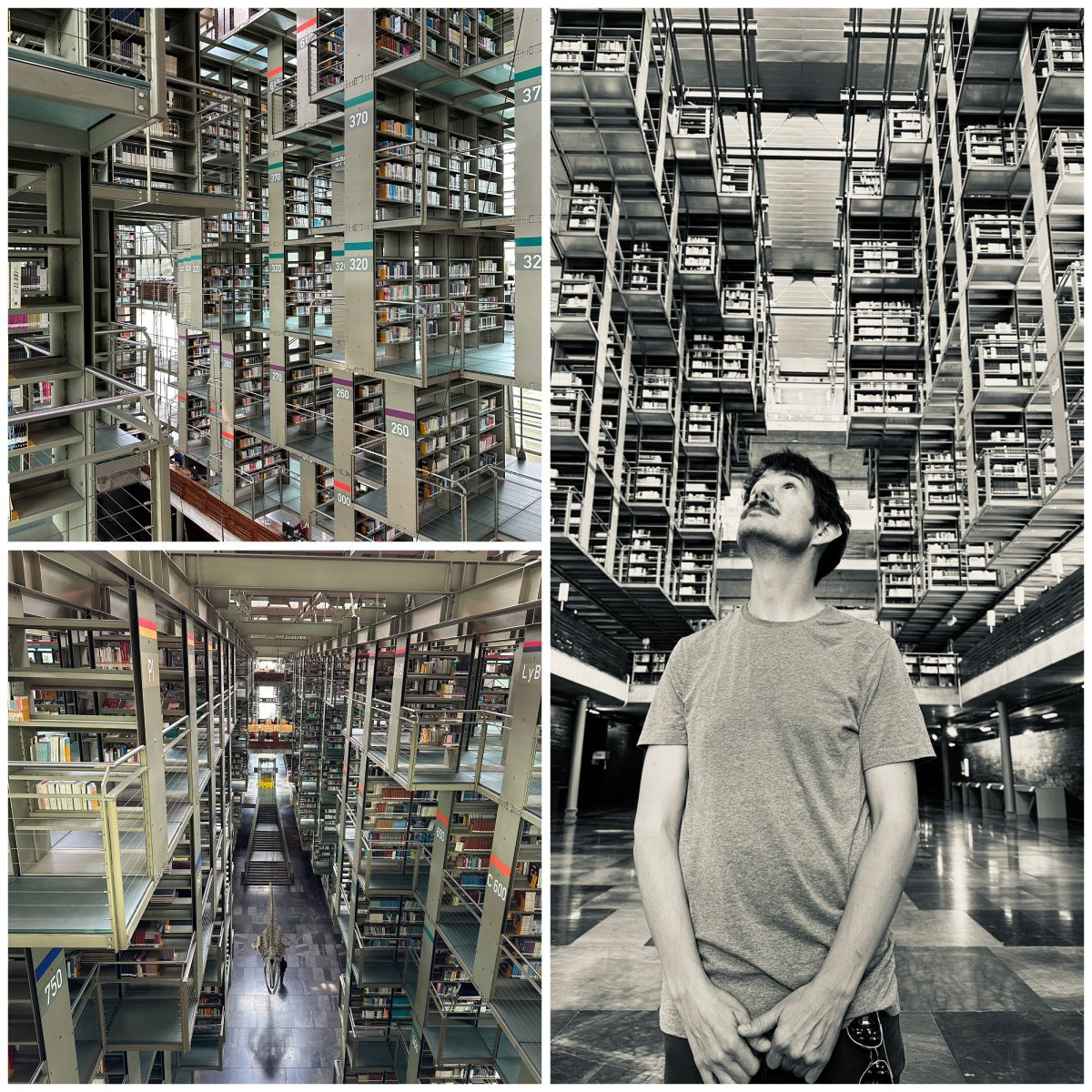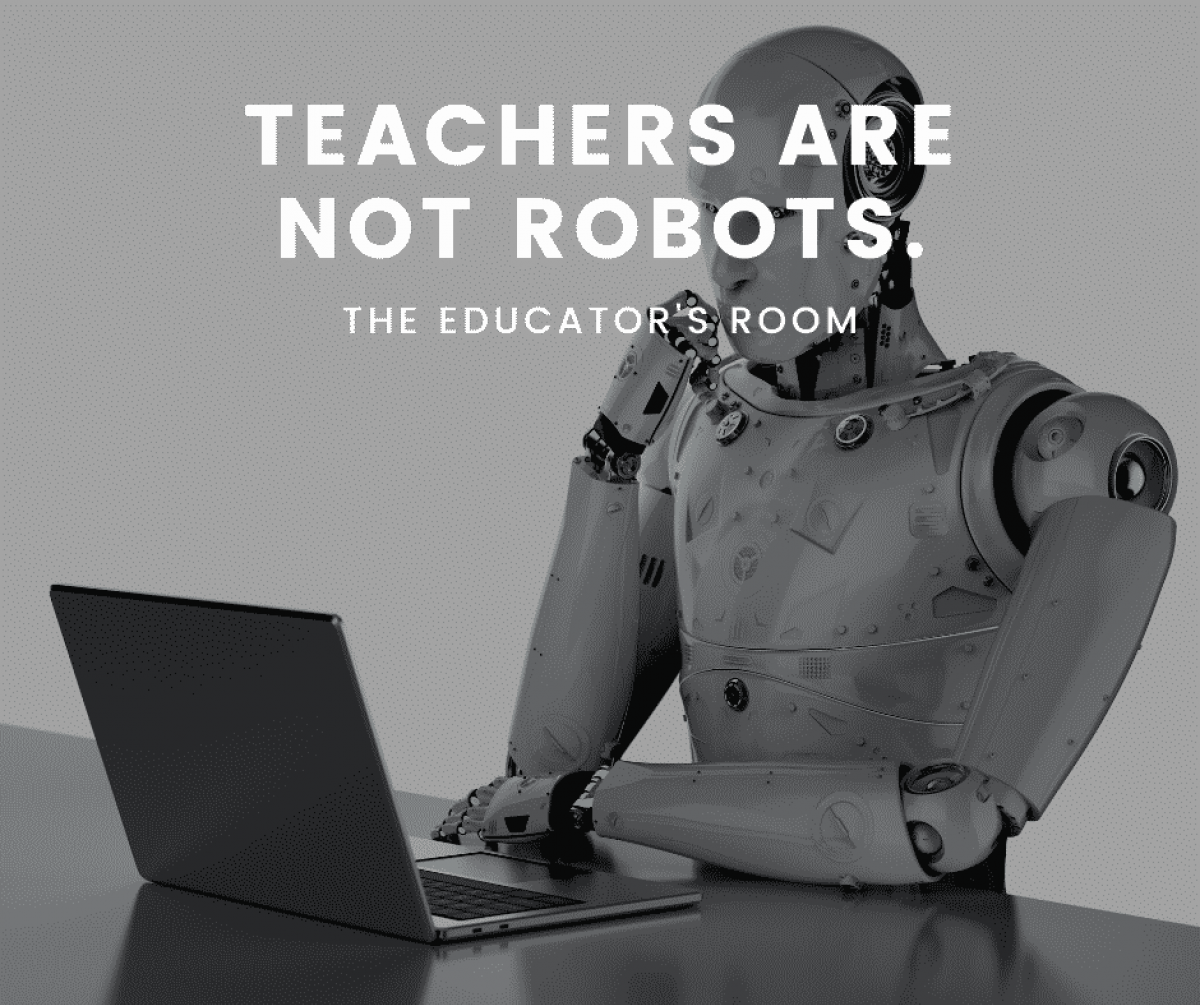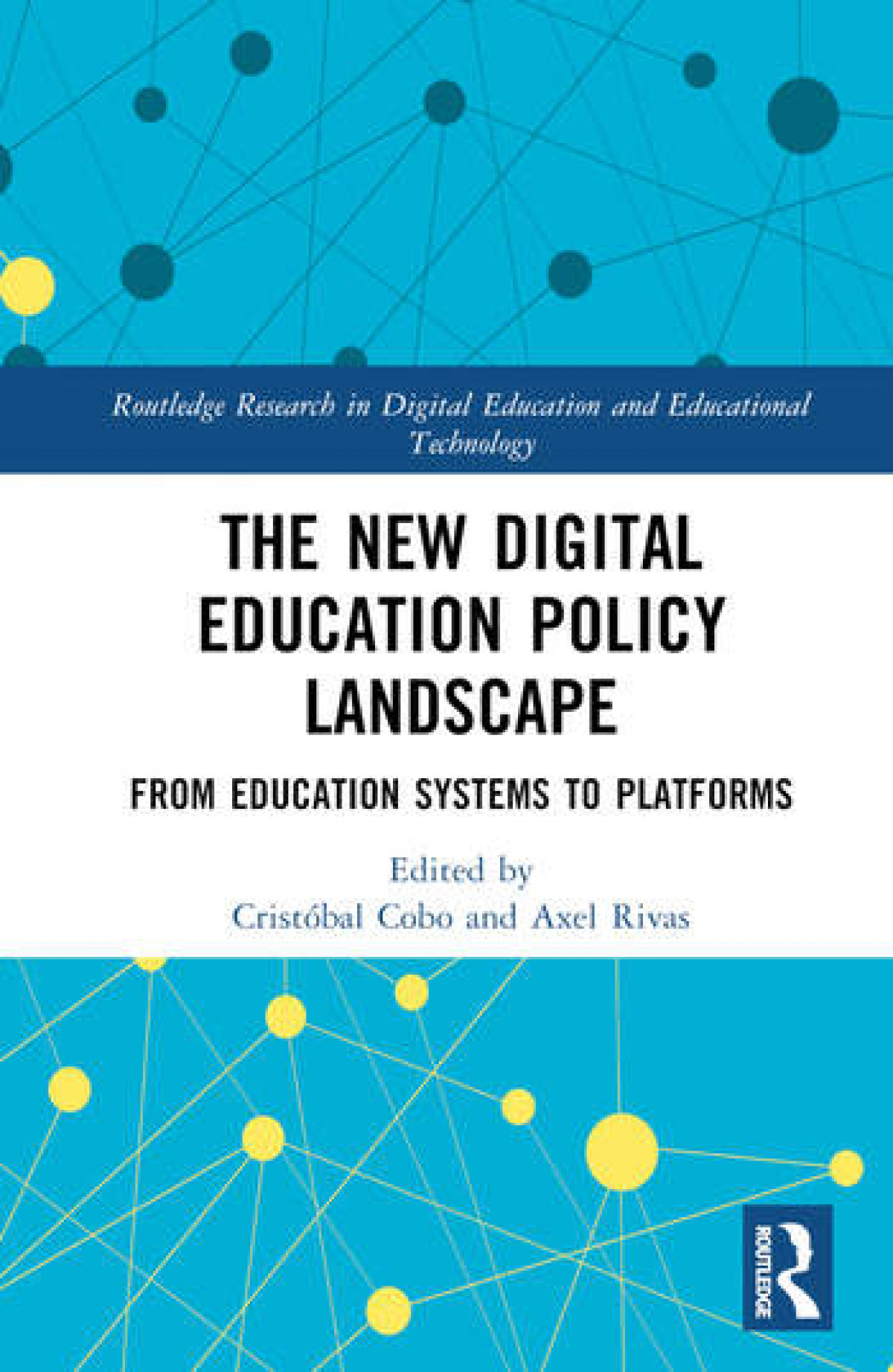A new chapter by Reich, J., Cobo, C., Dryden-Peterson, S., Klopfer, E., and Kamenetz, A. (2025), titled Education Technology During the Pandemic and Future Emergencies in Christakis, D. A., & Hale, L. (2025). Handbook of Children and Screens, explores how education systems can adapt to crises through resilient frameworks. Central to this work are pedagogies of adaptability, which emphasize flexibility, creativity, and community engagement. These approaches include dynamic learning modalities, empowering informal educators, modular curricula, and thoughtful technology use. By addressing inequities, fostering preparedness, and integrating social-emotional learning, this chapter outlines a roadmap for equitable and future-ready education systems.
Blog
Anunciamos la publicación del nuevo informe "Inteligencia Artificial y Educación: Retos y Oportunidades en España". Este trabajo ofrece una visión sobre cómo la IA está transformando el panorama educativo. Desde herramientas de personalización hasta preocupaciones sobre privacidad y equidad, el informe profundiza en las implicaciones éticas y regulatorias necesarias para un uso responsable. Esta colaboración fue posible gracias a la invitación de la Oficina de Ciencia y Tecnología del "Congreso de los Diputados de las Cortes Generales de España" que refleja su compromiso por aportar con conocimientos especializados para un futuro educativo más inclusivo y adaptado a los cambios tecnológicos emergentes.
UNESCO-ICHEI's quarterly publication, CLOUD, features an interview with Dr. Cristóbal Cobo, exploring the nuanced application of technology in education, particularly in middle- and low-income countries. Available in six languages, the interview delves into strategies for balancing traditional academic approaches with innovative knowledge-sharing spaces, emphasizing EdTech's potential to empower educators and improve learning outcomes in emerging markets. This thought-provoking discussion contributes to CLOUD's mission of connecting global higher education professionals and facilitating knowledge exchange on the digital transformation of education.
This webinar, part of the 2024/2025 Labour, Education, and Technology seminar series, introduced the book "The New Digital Education Policy Landscape: From Education Systems to Platforms" (Routledge, 2023). The discussion focused on the use of information and communication technologies (ICT) to reshape education and the necessary policy adaptations. The editors shared their perspectives on global platformization in education, highlighting the integration of global views and the pivotal role of ICT in modern educational frameworks. The session also included an in-depth look at the Dutch education system's transition to digital platforms.
En el contexto de educación y tecnología, esta compilación de 10 ideas resalta aspectos cruciales del impacto de la IA. Es esencial diferenciar entre verdades artificiales y naturales para comprender su influencia. El antropomorfismo en la IA afecta la interacción humano-máquina, creando ilusiones de presencia. La polarización en la educación tecnológica demanda un enfoque equilibrado. El cambio tecnológico modifica la cognición humana, estimulando o limitando habilidades. Empoderar a los docentes para experimentar con IA es vital para adaptar pedagogías. Priorizar el desarrollo de habilidades cognitivas humanas sobre la dependencia de la IA es fundamental. Diseñar experiencias educativas con IA debe enriquecer, no reemplazar, la labor docente. Se deben abordar desafíos como la integridad académica y la confianza excesiva en IA de manera crítica. Es crucial contar con regulaciones flexibles y actualizadas para un uso ético de la IA. Finalmente, no se debe humanizar la tecnología, sino desarrollar habilidades humanas fundamentales.
The article argues that education technology (ed-tech) is often seen as a quick solution to longstanding educational challenges, but this is an illusion. Despite some promising evidence, the mere presence of technology does not guarantee improved learning outcomes when deployed at scale. Effective technology use requires addressing pedagogical issues, inequalities, governance, and policy challenges. Policies that rely solely on technology often result in suboptimal outcomes, negatively impacting more vulnerable communities.
Las oportunidades ofrece la IA están a la vista, pero es importante reflexionar y debatir antes de actuar, tanto sobre aquellos aspectos que no comprendemos bien, como sobre los que incluso ignoramos que desconocemos. ¿Deberíamos decirle adiós a la exclusividad del pensamiento humano? La Inteligencia Artificial Generativa (IAG) desafía la idea de que la creatividad es de un dominio exclusivo del homo sapiens. ¿Representa esto una nueva era de creación humano-máquina o una amenaza a la originalidad humana? ¿Qué papel ha de jugar la educación?
A veces las invitaciones a una entrevista tienen destinos inesperados, esta es una de esas. La comparto aquí en caso que pueda ser de interés… "En términos concretos, en la educación quizá habríamos de pensar en planes curriculares que pongan no tanto énfasis en enfoques enciclopédicos centrados a “conocer” muchos temas, y más en “comprender” por qué ocurren las cosas y cuáles son sus implicancias a corto y largo plazo."
Perhaps 2023 will be remembered as the year when there was global interest in artificial intelligence in education (AiEd). Though still in its early stages, many expect AI could lead to significant changes in education. It’s often said that teachers need to be ready to embrace the future. However, it’s not always clear what guidance and support teachers receive to prepare themselves for this future. In this newsletter, we identify relevant international experiences on how to train, upskill, and guide educators through the changing but also fascinating landscape of AiEd.
The book "The New Digital Education Policy Landscape" provides a scholarly investigation of the new era we have entered, in which platforms can replace or profoundly modify educational systems, and questions the role of educational policy in this new stage of platform-based digital technology. The contributors explore important questions around who controls these transformations, what form they are taking, what the balance between national education policies and Big Tech education solutions should be, as well as whether there should be a public platform in every education system that digitally expands learning, and what evidence there is that learning will be more efficient using these platforms.



